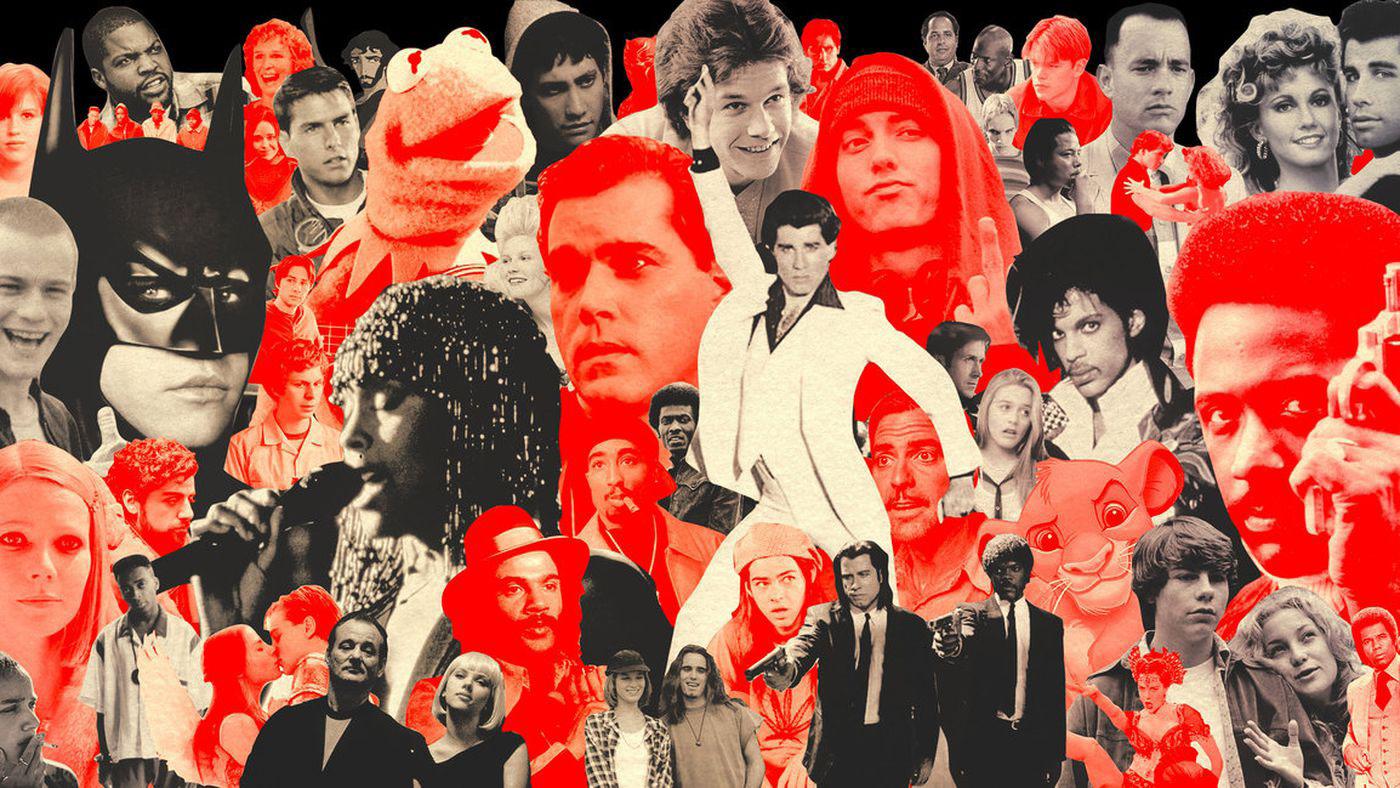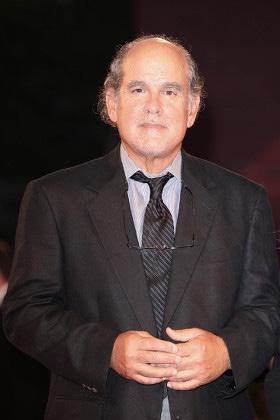
2 minute read
It’s possIble, artIsts! an IntervIew wIth Don Ferrarone
By Rachel E. Coleman @rachel_elizacole
As children, we are asked around every corner, “What do you want to be when you grow up?” When I was younger, the question seemed limitless. I could be anything! Now that I am older, those once big dreams feel like a silly fantasy. People who want to pursue artistry as a profession can often be confronted with a reality that tells them it is impossible, but that is a lie. Real people can turn their creativity into a career. One of those people is Don Ferrarone.
Advertisement
Ferrarone is a producer and screenwriter whose most recent film credit is as an associate producer in “Top Gun: Maverick.” He sat down with Cooglife to share his perspective on a career in the arts, focusing on his own experience as a writer and researcher.

Ferrarone did not always write professionally, spending the first 30 years of his career in Federal Law Enforcement, traveling all over the world, catching the most-wanted criminals. The process he used to track down and dismantle dangerous, illegal organizations ended up being quite similar to the way he develops a story- although with a little less life-threatening pressure.
“The process of creating a conspiracy, piecing together a complex crime scene is in so many ways, an excellent template for creating a story,” Ferrarrone said when describing his writing process. He loves the process of meticulously taking note of each puzzle piece, allowing the crime scene (and story) to reveal themselves to him as he searches.
According to Ferrarone, the key to an authentic story is authentic research. He described authentic research as fully delving into the topic you are studying. You accomplish this by interviewing people with true experiences, reading books and taking classes with as much dedication as if researching a topic was distilling something in a chemistry lab.

“The truth is actually much more interesting than fiction. You’re not writing a biography, you take what you picked up in reality and blend it,” Ferrarrone said.
It is a fear of many artists that they will have to work another job instead of pursuing their dreams full time. Ferrarone confirmed that to survive, it may very well be necessary for most people to work while developing their craft. However, that does not make the artist’s dreams impossible.
“You have to be so driven that you do it (your art) on the side,” Ferrarrone explained. “Many people in the arts have another way to make a living.”
While Ferrarone made it clear that the education required for a job similar to his is largely individual, as every person learns differently and has a different drive, Ferrarone does not believe a formal education is necessary.
“You don’t need to necessarily be getting a college credit, you need to be educating yourself,” he said. “Read books, take a class in screenwriting, journalism or whatever you want to pursue. But be developing your craft, not just getting an education on how to.”










